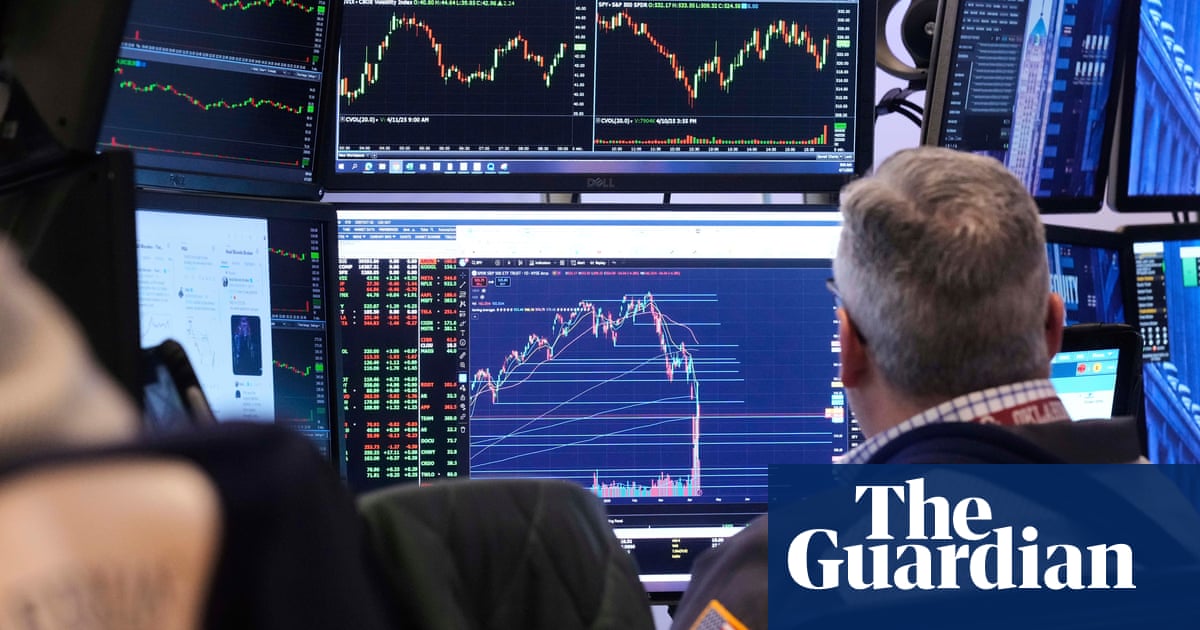US Bond Market Sell-Off Signals Concerns Amid Trade War and Volatile Stocks
U.S. stocks rise despite bond sell-off, trade war escalation, and high inflation fears, following Trump's tariff pause and market volatility.
Overview
A significant sell-off of U.S. government bonds and rising yields have raised concerns about market stability and investor confidence. While Treasuries typically provide a safe investment, increased borrowing costs could affect consumer loans. Concurrently, U.S. stocks closed higher, ending a week of historic volatility amid escalating U.S.-China trade tensions and inflation fears. The Dow rose 618 points, despite China announcing 125% tariffs on U.S. goods in retaliation to Trump's recent 145% tariff on Chinese imports. President Trump emphasized a positive outlook on tariffs; however, looming recession fears persist as a University of Michigan survey indicates the highest inflation expectations since 1981.
Report issue

Read both sides in 5 minutes each day
Analysis
- The bond market is experiencing unusual selling activity as investors lose confidence in U.S. Treasuries, traditionally seen as a safe haven during economic uncertainty.
- President Trump's tariff policies and erratic economic strategies are contributing significantly to the instability and high yields in the bond market, which could have broader economic implications.
- Rising bond yields may result in higher borrowing costs for consumers, potentially affecting their financial decisions and adding to economic strain.
Articles (6)
Center (5)
FAQ
The bond market sell-off leads to higher yields, which result in increased interest rates for consumer loans such as mortgages and credit cards, making borrowing more expensive.
The volatility in U.S. stocks was triggered by escalating trade tensions, particularly with China, where tariffs on Chinese imports were increased beyond initial expectations, further complicating economic forecasts.
The rise in bond yields benefits investors by offering higher returns but poses risks to financial institutions, as higher borrowing costs can complicate debt repayment and reduce the value of existing bond holdings.
Trump's tariff policies have increased uncertainty and could negatively impact U.S. economic growth by raising costs for consumers and businesses, despite a temporary pause in some tariffs.
History
- 8M

 3 articles
3 articles




